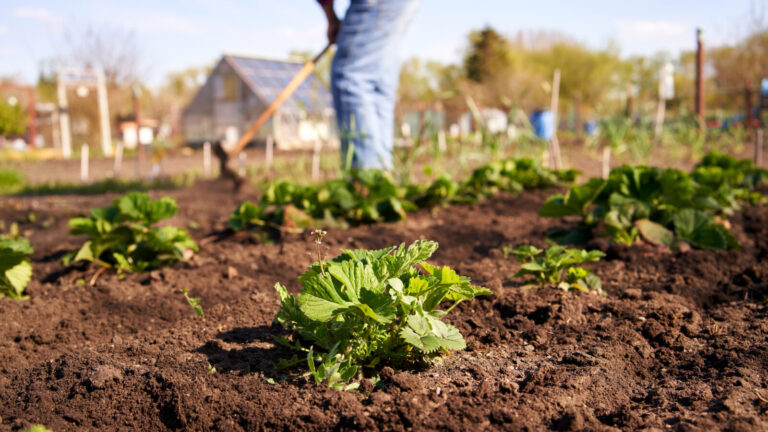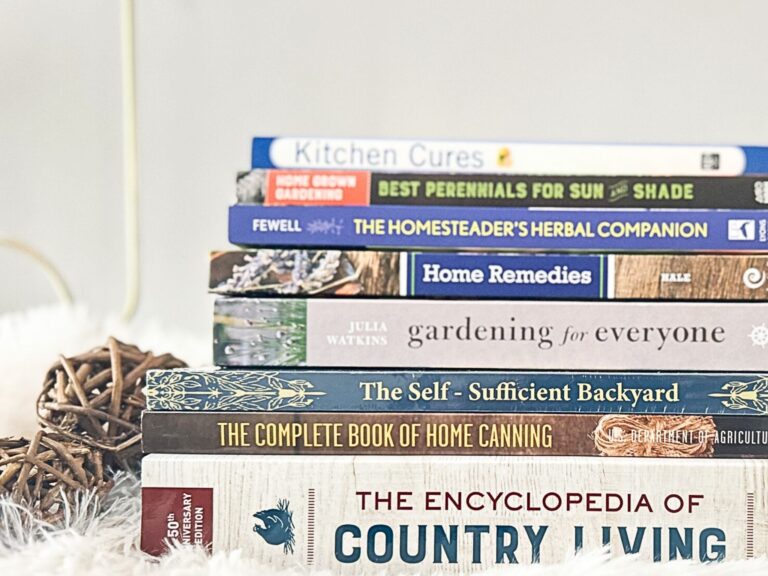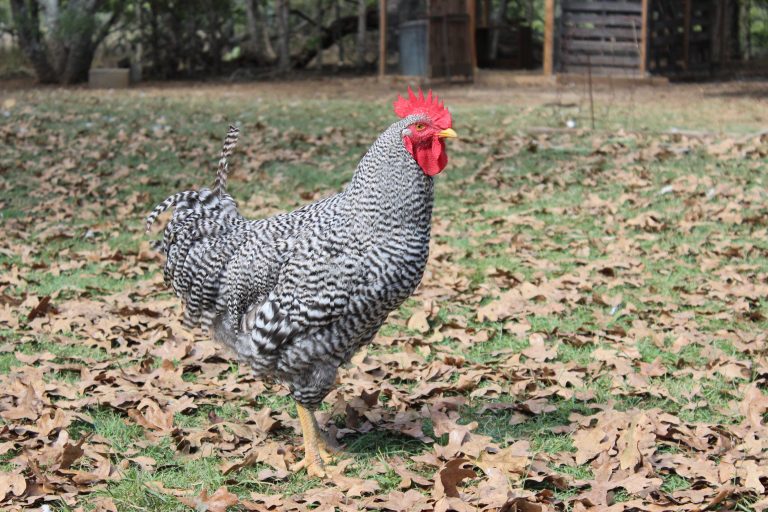This post may contain affiliate links.
In the fast-paced rhythm of modern life, the concept of slow living has emerged as a countermovement, advocating for a calmer, more intentional approach to life.
Slow living is about savoring the moments, prioritizing quality over quantity, and finding a deeper connection with the world around us.
This article explores what slow living truly means and offers practical tips on incorporating it into your daily life.

1. Start with Intentional Mornings:
Begin each day with purpose and intention. The morning can become a time for faith, meditation, stretching, or just quiet thinking over a cup of coffee. This sets a calm tone and fosters mindfulness right from the start.
Try not to hop on your phone first thing and immediately throw yourself into ‘go mode.’ I like to give my brain time to adjust to a new day. Why begin flustered when I can start in a relaxed posture of my choosing?
Enjoying a sunrise or actively getting out into nature is a great way to begin each morning. Perhaps you can’t swing it every seven days a week? Start with a day or two here and there.
Is meditation intimidating? Try going through a guided breathing exercise to start. This will encourage slow, mindful thinking.

2. Embrace Minimalism:
Adopt a minimalist approach to your home and lifestyle.
I read somewhere that most people only use about 20% of their wardrobe. This means that whenever we look at our closet, our minds are bombarded with unnecessary options! Try keying in on a smaller set of selections, with clothes and other areas of your life.
Slow living is about simplicity. Ask yourself, “Does this possession serve a purpose?”
Consider getting rid of the stuff that doesn’t bring you joy, selling it, or rearranging a room to make it easier to keep clean.
As my second child grew to toddler age, the number of toys in our playroom started to hit critical mass. I took inventory and got rid of items the children no longer use.
Our family decided to incorporate storage bins, rotating through a small selection of toys weekly rather than strewing everything about it. Less mess has made the room homier and more comfortable.
This isn’t just about decluttering physical space; it’s about focusing on what truly adds value to your life.
Are you involved in activities you no longer love, where you’re just ‘going through the motions’? Taking a step back from commitments is difficult and not always doable, but try removing the excess where possible.
3. Make Sustainable Choices:
Sustainability is important. Whether growing your own food or using eco-friendly products, these choices instill a sense of responsibility towards the environment.
Our family started a compost pile in the backyard that has really changed the way we think about our food. I also encourage the kids to join me in tending the herbal garden, which gets us outside and helps everyone slow down to enjoy the simple pleasures.

My first child was in cloth diapers, which helped cut back on the waste our family was creating. My second, a boy, experienced a lot of blowouts, so I broke down and started buying disposable diapers, but opted for an environmentally conscious brand called Coterie.
Whatever decisions you or your family make on products, be thoughtful about what (and how much) you consume. Opt for local experiences that foster a sense of community over the constant Amazon Prime one-touch purchases.
4. Prioritize Quality Time:
Make time for the things that are important to you. Allot special time for the things that make you happy, and don’t rush through them. Leisure activities should be enjoyed guilt-free.
For some, our hobbies and passion projects have been put off for far too long. Find a class to enroll in or pick up that hobby you’ve neglected.

I have tried to lean into anything that gives my family meaningful interaction. Cooking a big meal or crafting together can be more fulfilling than passive entertainment.
Movie night hasn’t disappeared in our home, but we actively pursue board games or other interactive activities as often as possible.
5. Cultivate Relationships:
Along with prioritizing yourself, prioritize the people you love. Make time for meaningful relationships.
Spend quality time with family and friends, have deep conversations, and nurture the connections that enrich your life.
Living slower might mean taking inventory of who you spend time with and recognizing their impact (or lack thereof). Don’t overwhelm yourself with plans, but schedule and try to share moments with the people that add value.

With my kids, I like to encourage the exploration of interests. I support them in pursuing hobbies that spark joy. Whether it’s a creative art project or exploring the outdoors, these activities promote a sense of fulfillment.
I try (not always successfully) to turn everyday tasks like gardening or animal care into opportunities for presence and learning. There is value in nurturing growth and satisfaction that accompanies hands-on work.
It’s about making an effort to spend time with your favorite people. If you can’t eat together in person, perhaps a virtual meal once a week could help foster that relationship. Find a rhythm that works for you, and arrange meetings with those you love.
6. Savor The Flavor:
Turn meals into an experience. Cook with fresh, wholesome ingredients and herbs, and take the time to enjoy your food.
Meal prep can become an array of microwaved meals and leftovers. Sometimes, a quick bite on the go is the only option. The goal is to transform meal preparation into a slower, more enjoyable process.

Wherever possible, I like to incorporate tomatoes or chives from the garden. I pick a day or two every week to plan out a meal my children can help create. There is a joy that can be found in the act of cooking itself.
More than just the prep work, savor your culinary creations. Scarfing down food because you’re in a rush might be unavoidable, but it shouldn’t happen every meal. Part of slow living means slowing down in the kitchen.
Take the time to enjoy your food without distractions like the television or phone.
7. Regular Digital Detox:
Speaking of your phone, get off it! Last on the list may be one of the most crucial elements of slow living: unplugging from the matrix.
Set aside specified times to disconnect from your digital devices. This encourages you to engage more deeply with yourself and your surroundings.
I love writing, which typically involves blogging on my laptop. However, some of my favorite pieces have been written when I go old school and journal somewhere different. A bench in the park, a beach with a view — what’s important is taking breaks and trying new approaches.

Begin marking a time of the day to put down your cell phone. Choose a night or two when the television will remain off.
It’s about creating barriers to stop the scrolling or episode binging and connecting with something different. Turn off the noise that constant connection creates — who knows, you may just love it!
If not a certain time of the day, perhaps a zone of your home would work best? The kids’ bedroom is a ‘no tech’ area. I try my best not to bring the distraction of phones into the children’s little worlds.
Pump the Breaks and Smell the Roses
At its core, slow living should slowly start to make life easier. If not, then why do it?
When you choose the simple and the natural, you find gratification unexpectedly. Reconnecting with someone with your best interests at heart, walking on a nature trail, or smelling fresh flowers in the spring are all acts we can appreciate that help balance the humdrum flow of everyday life.
As the mother of two young children, there are certain obligations to my family I cannot avoid. My journey may look different from yours, and that’s okay.
Rather than an immediate transformation, slow living is about making small adjustments to refine your lifestyle. It doesn’t require a certain budget or demand a drastic change.
Keep what works, throw out what doesn’t, and enjoy the journey!
Amy Johnson
Amy Johnson is a working mom with two babies. She holds an MBA and has a career in the finance field. Amy was born in China, attended university in Canada, and now resides with her family in Cleveland, Ohio. When she is not traveling and making memories with the family, she writes passionately about parenting on her blog AmyBabys.com.





